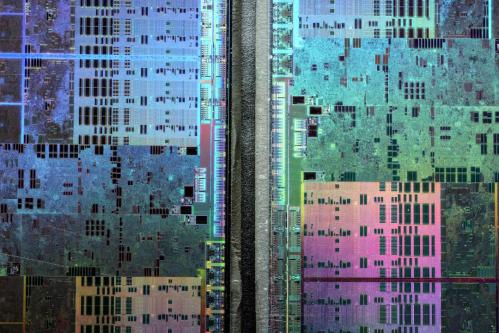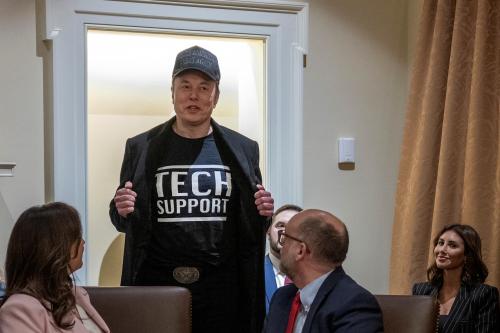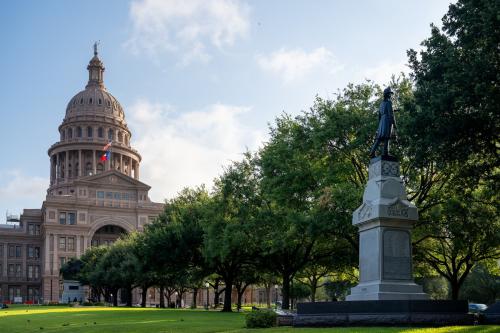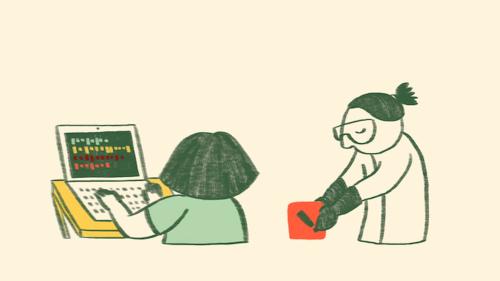The following testimony was given before the House Judiciary Subcommittee on Courts, Intellectual Property, Artificial Intelligence, and the Internet for the hearing on Trade Secrets and the Global AI Arms Race on May 7, 2025. Watch the full testimony.
Chairman Jordan, Ranking Member Raskin, Chairman Issa, Ranking Member Johnson, Members of the Subcommittee: Thank you for the opportunity to testify at today’s hearing. I am on the faculty of the UCLA schools of law, engineering, and public affairs. I also founded and am faculty co-director of the UCLA Institute for Technology, Law, and Policy. In testifying today, I am providing my own views, and am not speaking on behalf of any institution I am affiliated with. Key points in my testimony include the following:
- Trade secrets are central to American AI leadership
- AI is much more than generative AI
- “Open” AI models still involve trade secrets
- Overly broad AI reporting regulations would open the door to economic espionage
- Overly expansive AI transparency rules would undermine U.S. AI leadership
- The global AI regulation context raises additional trade secret challenges
- Corporate trade secret overreach can impede competition
- AI raises novel trade secret questions
- Fear-based regulation would undermine U.S. AI leadership
Trade secrets are central to American AI leadership
America is the clear global leader in AI, a technology that is foundational to our continued economic prosperity and national security. Trade secrets are a vital pillar of U.S. AI pre-eminence, ensuring that American companies investing to develop new AI solutions have a fair chance to compete in the marketplace. The competitive differentiation that is so instrumental to the success of the U.S. AI industry is vulnerable in several ways. First, precisely because American AI companies are so innovative and market-leading, they are ripe targets for trade secret theft. Second, policy discussions regarding AI regulation often give insufficient consideration to the potential collateral damage to trade secret rights. To explore these issues in more depth, I will first provide some background regarding AI and trade secrets generally. I will then address economic espionage, transparency, and the unique trade secret questions raised by AI. I will also provide some more general comments on promoting a regulatory climate that will maintain American AI leadership. 1
Continue reading the full testimony
-
Footnotes
- Portions of written testimony are adapted from John Villasenor, Artificial Intelligence, Trade Secrets, and the Challenge of Transparency, 25 N.C. J.L. & TECH. 495 (2024)
The Brookings Institution is committed to quality, independence, and impact.
We are supported by a diverse array of funders. In line with our values and policies, each Brookings publication represents the sole views of its author(s).







Commentary
TestimonySafeguarding innovation and trade secrets in American AI leadership
John Villasenor's testimony to the House Judiciary Subcommittee on Courts, Intellectual Property, Artificial Intelligence, and the Internet
May 29, 2025